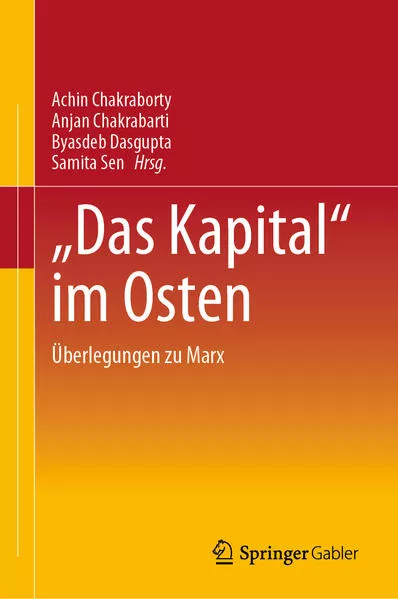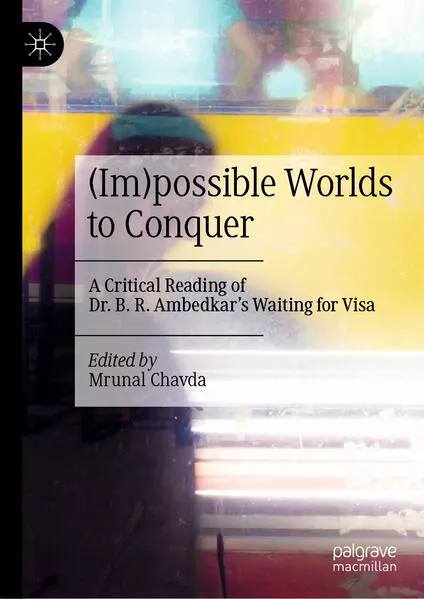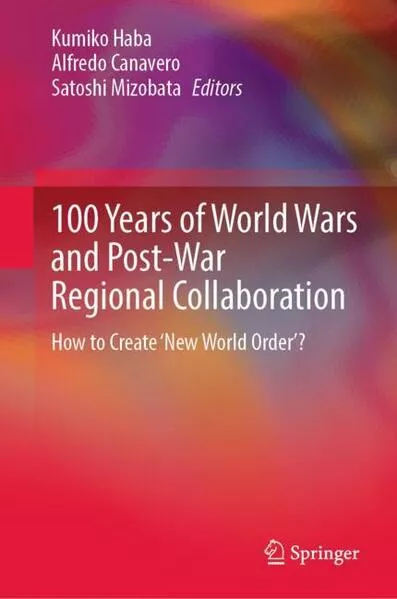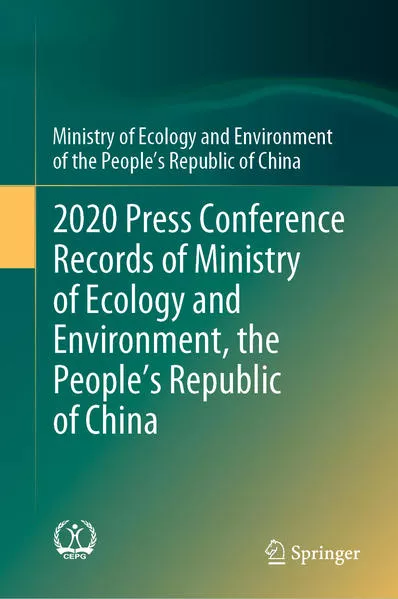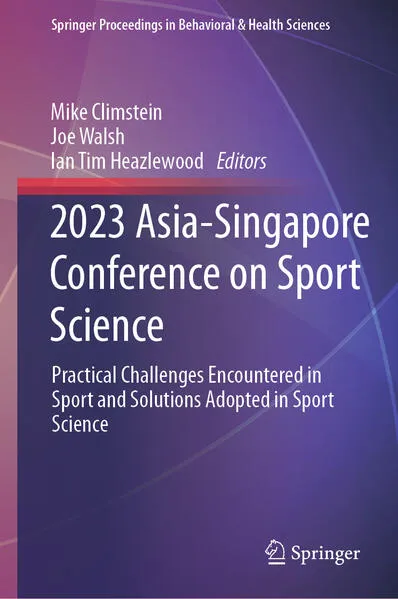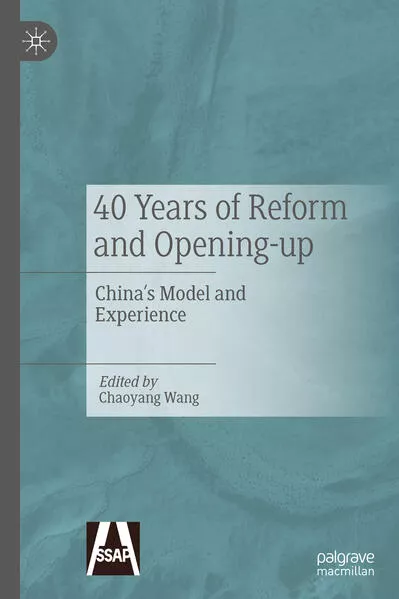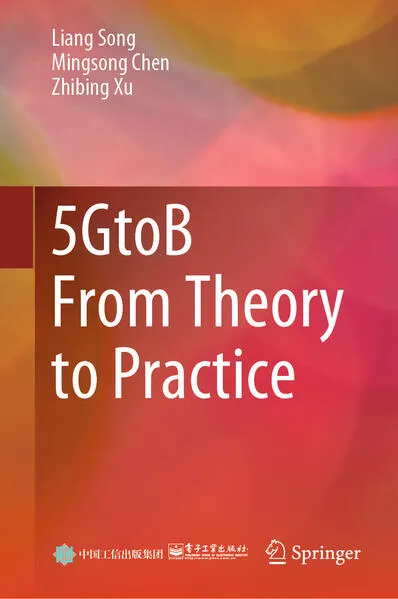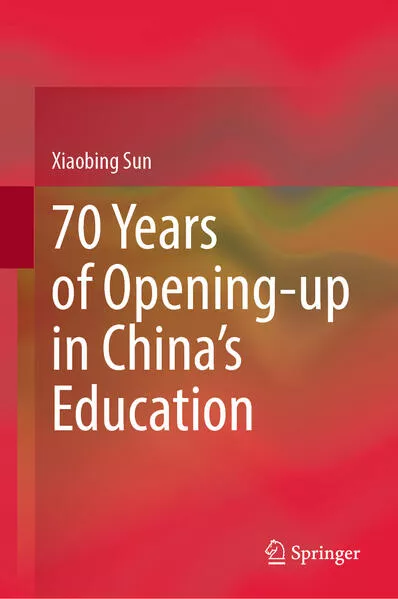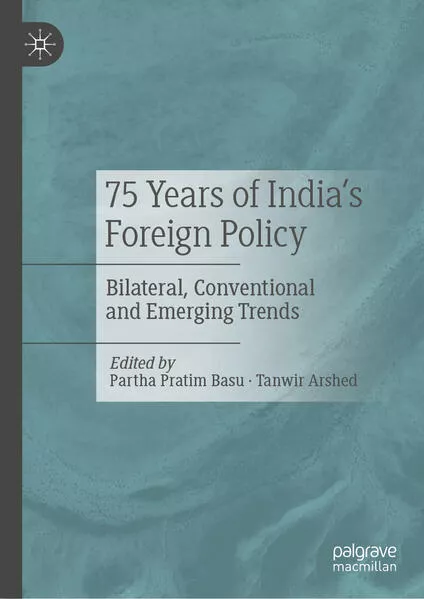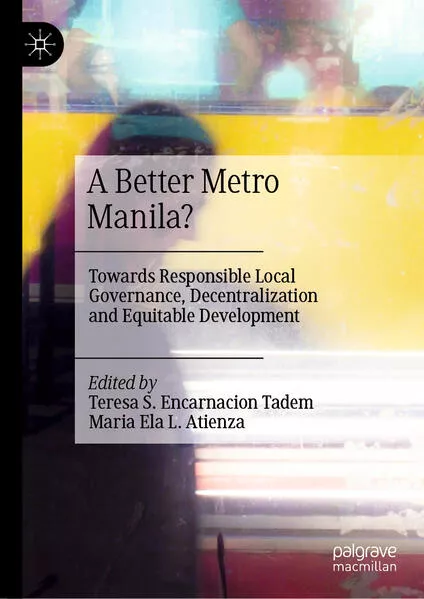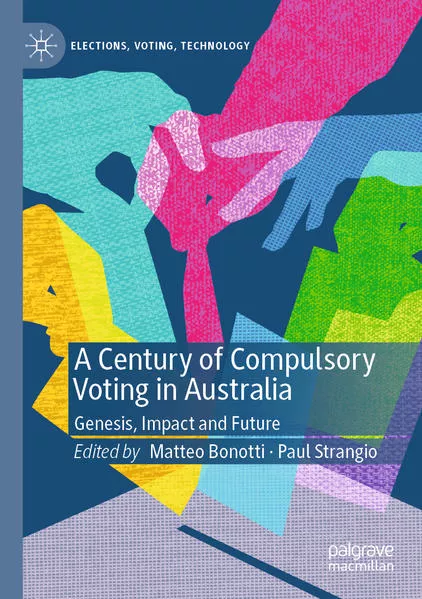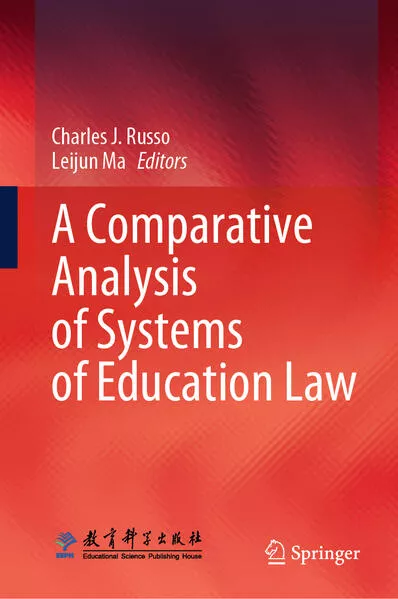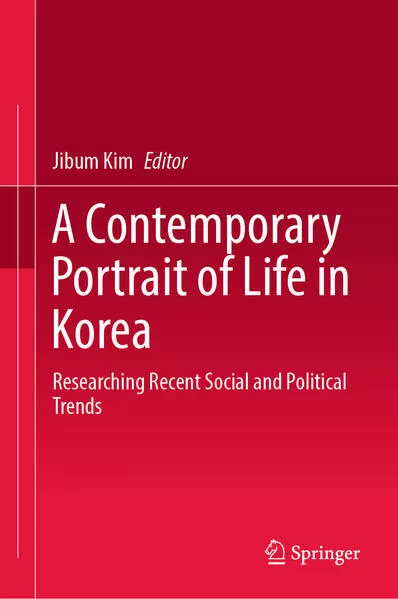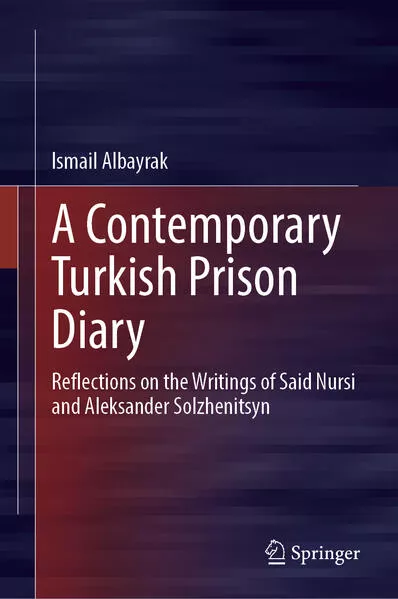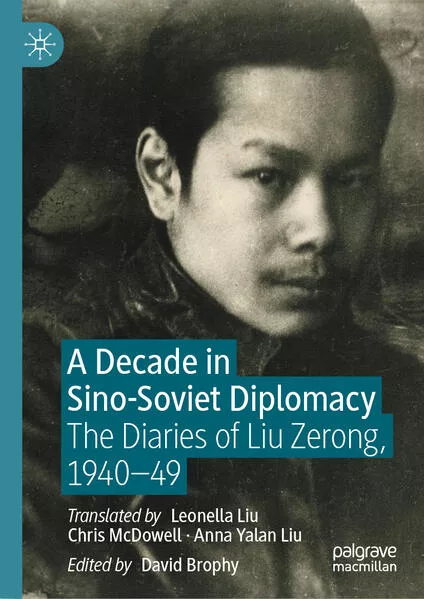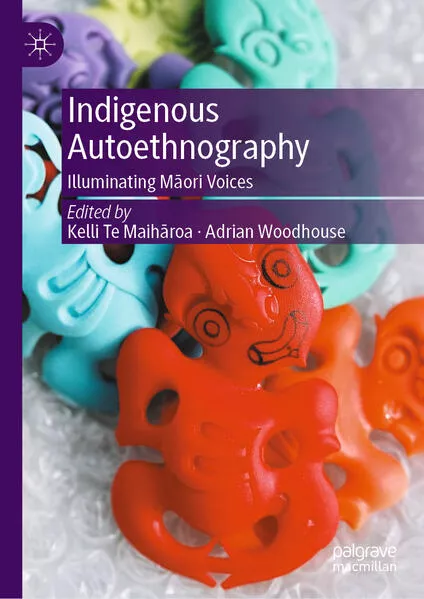
Indigenous Autoethnography
Illuminating Māori Voices
This book opens new pathways for decolonial autoethnography, presented as a series of reflective stories that showcase how Māori have negotiated and navigated their personal and professional identities within contemporary society. Framed within the academic methodology of Indigenous Autoethnography, authors recount their personal and professional experiences to address their encounters with cultural trauma and personal enlightenment. As a culturally responsive methodology, Indigenous Autoethnography embraces reflective practice and critical awakening to validate Indigenous knowledge, ensuring that it remains meaningful and responsive to the needs of Māori. Utilising metaphorical storytelling as a primary means of sensemaking, this work reinforces the importance of Māori and other Indigenous People to seek wisdom from the past to guide them into the future. With Indigenous knowledge historically ignored and misrepresented in higher education, this seminal text provides invaluable guidance for global Indigenous researchers seeking to produce story work that genuinely encompasses physical, emotional, and spiritual dimensions.
Unterstütze den lokalen Buchhandel
Nutze die PLZ-Suche um einen Buchhändler in Deiner Nähe zu finden.
Bestelle dieses Buch im Internet
| Veröffentlichung: | 01.02.2024 |
| Höhe/Breite/Gewicht | H 21 cm / B 14,8 cm / - |
| Seiten | 212 |
| Art des Mediums | Buch [Gebundenes Buch] |
| Preis DE | EUR 117.69 |
| Preis AT | EUR 120.99 |
| Auflage | 1. Auflage |
| ISBN-13 | 978-9-819-96717-9 |
| ISBN-10 | 9819967171 |
Über den Autor
Dr. Kelli Te Maihāroa (Waitaha, Ngāti Rārua, Te Ātiawa) has held leadership roles at the Otago Polytechnic as Tumuaki: Rakahau Māori / Director of Māori Research and Kaihautū: Te Kāhui Whetū Lead / Capable Māori, working with Iwi Māori throughout Aotearoa, New Zealand. She is an active member within her whānau, Iwi and local Māori community. She is a mokopuna of Te Maihāroa, the last southern Māori prophet and tohuka (expert tribal specialist).
Dr. Michael Fusi Ligaliga is a lecturer and researcher in the School of Māori and Pacific Indigenous Studies at the University of Otago in Dunedin, Aotearoa, New Zealand. He teaches Pacific Island issues, indigenous leadership and peace and conflict in the Pacific. He has acted as Interim Director of the David O. McKay Centre for Intercultural Understanding at Brightham Young University Hawai’i.
Dr. Heather Devere is Director of Practice at the Te Ao o Rongomaraeroa/The National Centre for Peace and Conflict Studies, University of Otago in Aotearoa, New Zealand. She has written widely on issues related to the politics of friendship, Indigenous peace traditions and peacebuilding, peace journalism, restorative justice, and social justice. She is Secretary of Parihaka Network: Ngā Manu Korihi, involved in community mediation, refugee settlement, human rights, and social justice issues.
Diesen Artikel teilen
0 Kommentar zu diesem Buch
.... weitere Publikationen von Springer Singapore
Urban Fantasy Krimi mit Humor und sprechendem Meerschweinchen
Bewerbungsfrist bis zum: 16.02.2026



